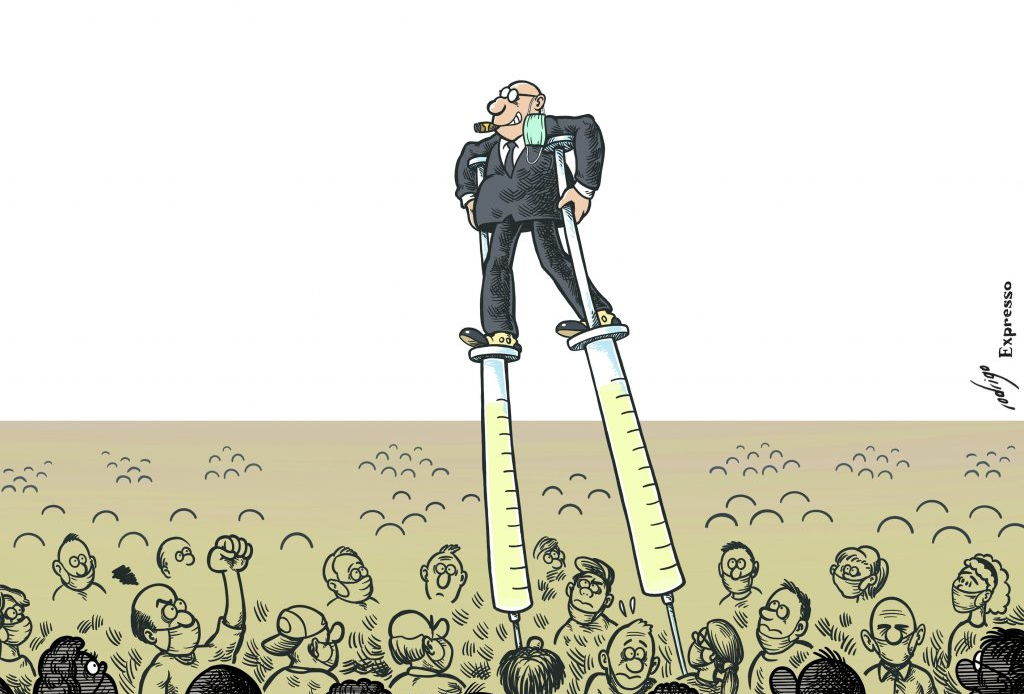This article was published in The Citizen Newspaper – Tanzania on August 20, 2025.
Shimbo Pastory
For the most part, politics all over the world involves an indispensable vocal function which shapes the narrative that wraps the political experience. It is an engagement of winning influence which demands outstanding rhetoric skills in order to garner outstanding results.
Yet rhetoric alone is not the totality of politics, and it is not a substitute for the work that awaits those who vie for public offices.
Political rhetoric is like a game, and often times it is leaned towards appeasing the masses, even when logic defies the possibilities of what the rhetoric contains. Words have power, and that’s where the bait is.
Nonetheless, when analysing the political speeches by our local politicians, there would arise mixed feelings from the reality they convey, especially when these speeches are extemporaneous.
There have been recorded instances where politicians’ speeches give hint to some of the most complicated issues of concern in society, for which under normal and fair circumstances they should be held for questioning.
For example, where a politician and government official speaks of being engaged in rigging and manipulating electoral processes, or of handling some issues ‘in the bushes’, or giving an admonition to the police to not look for people who criticize their party in event they are kidnapped.
Worse of all would be where one while still holding public office says there are legal ways, illegal ways, and semi-legal ways to win elections, and all can be used just to make sure his party wins the election.
These are among many controversial speeches by politicians which should have had certain consequences for the common socio-political good. We cannot be a nation that condones such serious issues with people who are in the government. It is, in my judgment an indicator of dangerous pathological governance and systemic rot.
The policing system, in countries where it is not politically aligned with rulers, would be keen on speeches of leaders for any hints or leads to investigation of historical cases, breach of process, or any illegality at all, both executed and planned or anticipated.
Transfer to different places and offices are neither corrective nor reparatory given the harms done to the general public if those things really happened. It is like recycling people who should be evicted from the system entirely.
This shows the importance of separation of powers, functioning constitutionality, and independence of security bodies and governing organs: executive, judiciary and legislative, in order for each to exercise their duties efficiently and hold each other accountable.
The rhetoric of praise and worship is another indicator of a deep systemic problem. One can ask questions like: Why are there so many speeches of praises when people have unending problems, there is an embezzlement boom, and projects are lagging behind?
Why would the parliament for example, give the president an award despite many issues raised in CAG report, and others, to which any parliament would raise questions? Why is the rhetoric not in favour of the people but protective of those in power? Why is the political rhetoric numbed when there are serious concerns such as people disappearing, politically aligned kidnappings, etc.?
In addition, political rhetoric ought to have a certain flavour. First, it should exemplify genuine competitiveness which reflects passion, knowledge and depth to serve people and pursue the common good of all.
The absence of genuine competitiveness defies the very meaning of democratic politics, because competition is indispensable in any democratic nation. It is the competition that stirs interest in politics among the people.
Secondly, it should manifest as civilian leadership and not with a façade of military or police rule where power is emphasized as the tool of control over service at the expense of the latter. This necessitates politicians to stay within the provisions of the laws, being obedient to those laws and other agreed upon process guidelines in justice and fairness.
Thirdly, political rhetoric should not veer towards threats, violence, and personal attacks. Yet we have a lot of this. It appears as if our politics is kind of a fight. If it is a fight there is something else that those who vie for offices are looking for, which is different from being merely available for public service.
It is time we read between the lines and make decisions as a nation to influence change in the way we govern ourselves so that systems are independent, even though interdependent, leaders are not elevated as deities or have ‘personal’ authority, and all people have respect and fear of the Laws.
It is also important to elect leaders with dignity, modesty, and fear of God. Influential rhetoric, wealth or even local influence do not necessarily make one a good leader.
Shimbo Pastory is a student of the Loyola School of Theology, Ateneo de Manila University, the Philippines. Website: www.shimbopastory.com
